Is friendship between parent and child a good or bad thing? Won’t being chummy with your kid bring you all that much closer? Surely a lot depends on the balance of friendship and parent-child relationship as well as the boundaries of the friendship.
The Parent-child Relationship
The parent-child relationship consists of the emotional aspect as well as the functional aspect. According to James Lehman, a renowned child behavioural therapist, the emotional and functional parenting roles are like two wheels on a bicycle. It is not healthy to sacrifice one at the expense of the other.
For example, if a parent just loves and showers affection without doing the things he or she is supposed to do, the child would be at potential risk of being harmed or neglected. On the other hand, if she just does functional things and didn’t connect emotionally with the child, the child’s emotional development would be disadvantaged.
The functional role of the parent evolves, from changing diapers to bathing to supervising school homework. As children grow older, the parent’s role becomes increasingly functional and less emotional.
The Distinction

Besides executing parenting functions, it is important to also come to the children’s level and be a friend. This is spoken in terms of hearing their troubles, being there for them, celebrating joys, doing activities together that both will enjoy. Open communication and responsive connection with parents may protect adolescences from dangerous behaviour and such parents may have more moral influence over them.
There may be some aspect of sharing on the side of the parent, to be involved in each other’s lives, but this has many limits. A parent needs to take caution not to treat the child as a confidant. The child does not have the emotional, mental or moral capacity to process or deal with the ‘burden’. It is unwise to share financial troubles or displeasure with Grandfather with the child.
This parent-child relationship should not compromise the parent’s capability to make decisions or set rules or standards. If the relationship is so buddy-buddy until anything goes, nobody is in charge and the child may try to get his way out of things. This is unhealthy as the parent needs to teach what right and wrong and make the important decisions.
The friendship between parents and children is by no means on equal footing as friendship with peers.
The Key Balance
A good balance would be friendships with respect for the parent in charge.
Such a parent is first and foremost a mother (or father) but is also a friend because of the sense of mutual loyalty, trust and respect she shares with the children. She treats them as individuals with their own minds and talks with them about their feelings, dreams, thoughts and the like. The key is thus a responsible friendship. Both parties respect, care and trust each other, engage in meaningful conversations but with constraints. With intimate and open communication, children have the platform to discuss problems and parents may, in turn, have more influence in protecting their children and guiding them in moral decisions.
The culture and background of the family, as well as the personalities of the parent and child, are significant varying factors. Some children may adapt better to more authoritative parenting approaches, with a higher measure of guidance and discipline. At the end of the day, the type of relationship and the line drawn between parent and child as friends differ and are unique to all.
By Som Yew Ya.
* * * * *
How do you draw the line when it comes to befriending your child? Share your thoughts with us in the comment box below.
Want to be heard 👂 and seen 👀 by over 100,000 parents in Singapore? We can help! Leave your contact here and we’ll be in touch.




































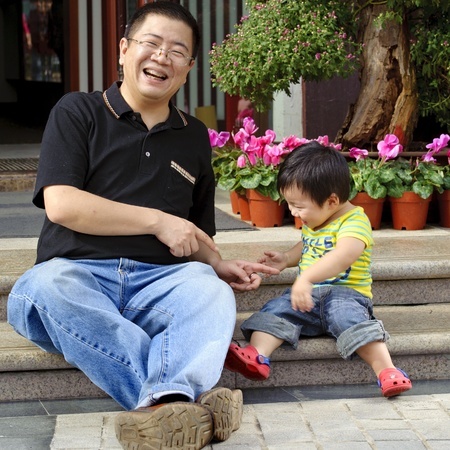

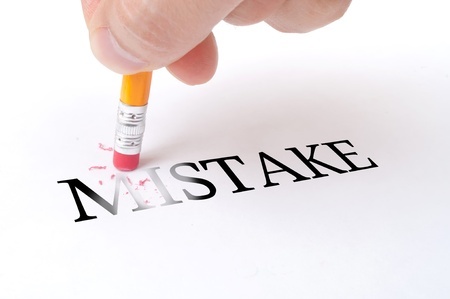

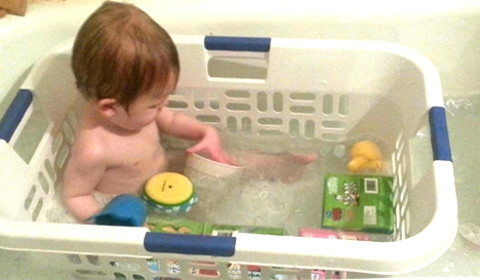

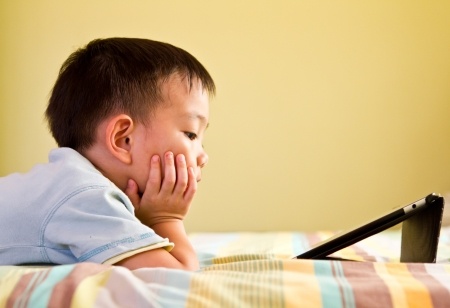




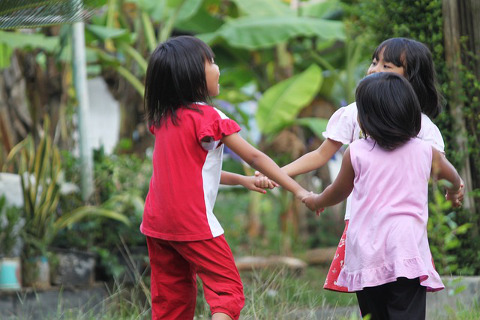











Leave a Comment: